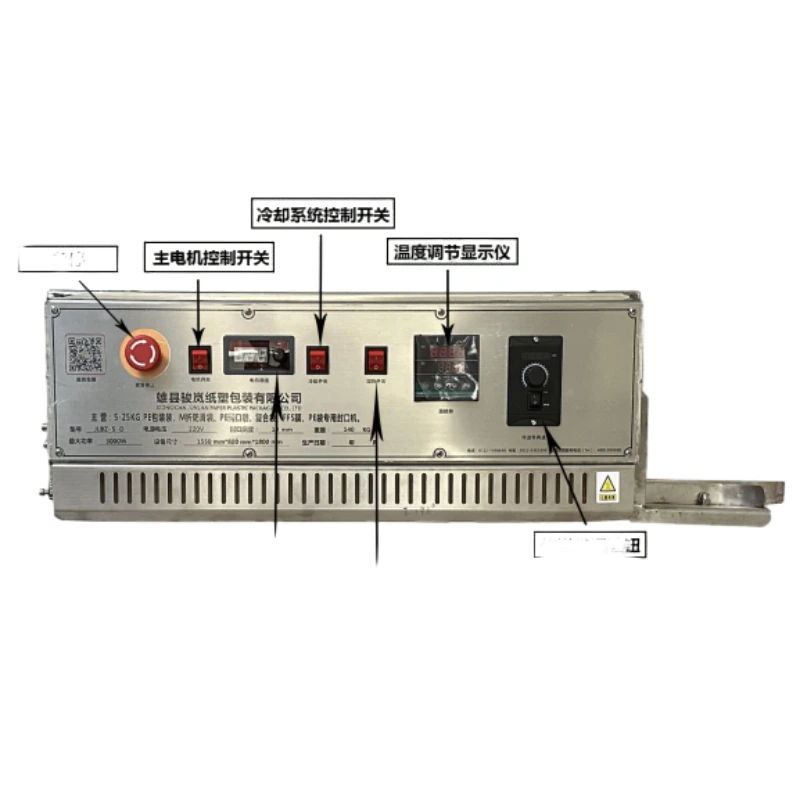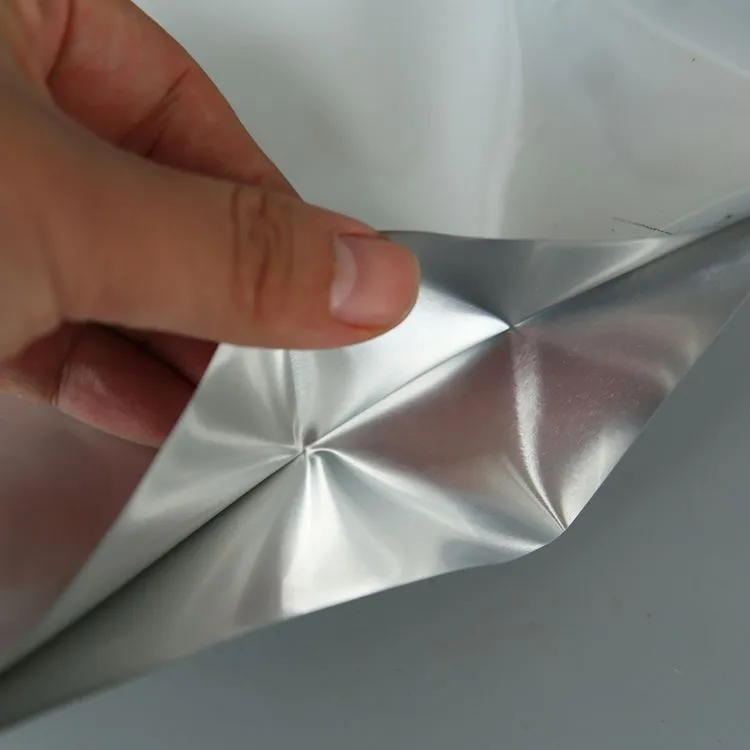Aluminium foil for packing is a marvelously versatile product that has revolutionized the way industries and households manage packaging needs. Its unique physical properties make it an ideal choice for various applications, preserving the authenticity, quality, and flavor of products, ranging from food items to industrial materials. Its journey from raw aluminum to the refined foil we use is a tale of innovation, precision, and expertise.

In packaging, aluminium foil provides a robust barrier against light, oxygen, moisture, and bacteria, all of which can compromise product integrity. This capability is crucial for food packaging, where maintaining freshness and extending shelf life are paramount. Whether it’s wrapping leftovers or sealing takeaway meals, the foil ensures that flavors are preserved, and nutrients are locked in. Its ability to withstand extreme temperatures, both hot and cold, further enhances its utility in the kitchen, from oven baking to freezer storage.
Beyond the food industry, aluminium foil is integral to pharmaceuticals, where safeguarding delicate compounds from contamination or degradation is vital. Its non-reactive nature ensures that medications remain effective over time. The foil's versatility also extends to the cosmetics and personal care sectors, providing secure, hygienic, and tamper-evident seals on products, reinforcing consumer trust and industry authority.

Manufacturing aluminium foil is a precise and skill-intensive process, requiring high levels of expertise and modern technological investment. The process begins with mining bauxite, which is refined into alumina and then smelted to produce aluminum. The aluminum is then rolled into thin sheets of foil, which can be further adapted to specific sizes and thicknesses as required by various industries. Advanced rolling technology ensures a consistent quality product with a surface finish that meets exacting specifications, thus ensuring optimal performance in its end-use applications.
The authenticity of aluminium as a sustainable material further enhances its reliability and trustworthiness. Aluminium foil is 100% recyclable without any loss of quality, making it an environmentally responsible choice. The recycling process resaves approximately 95% of the energy required to produce new aluminum from raw ore, underscoring its role in promoting sustainable practices within industries that prioritize environmental stewardship.
aluminium foil for packing
Consumer experiences with aluminium foil consistently highlight its indispensable role in everyday activities. From professional chefs to home cooks, its reliability is unmatched. Users appreciate the ease with which it can be molded to fit any shape, providing a customized barrier that perfectly suits even the most specific of needs. This adaptability, combined with its strength and lightweight properties,
makes aluminium foil a favorite among packaging materials.
Furthermore, in industries like electronics, aluminium foil serves crucial functions. As a conductor of electricity, it is used in manufacturing circuits and shielding cables, showcasing its multifaceted applications beyond just packaging. It acts as an effective electromagnetic shielding agent, protecting sensitive electronic components from interference and ensuring operational efficiency.
For industries invested in future-oriented innovation, aluminium foil offers endless possibilities. Its integration with biodegradable materials is currently being explored, aiming to further bolster its eco-friendliness. This speaks to the forward-thinking nature of leaders in the aluminium foil production sector, who are committed to advancing their products in ways that respect both the market demand and the planet.
By emphasizing trustworthiness, expertise, and an authoritative presence in its application and manufacturing, the aluminium foil industry bolsters its position as a leader in packaging solutions. Its ability to combine modern demands for convenience, safety, and sustainability highlights its essential role in contemporary manufacturing and consumer practices. This is not just a testament to its past success but a promise of its enduring presence in supporting and adapting to the packaging needs of tomorrow.